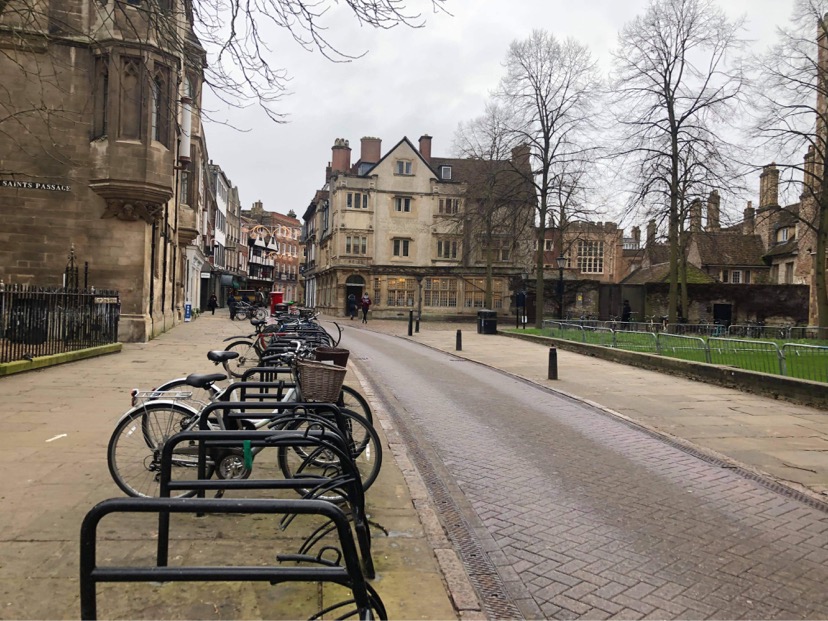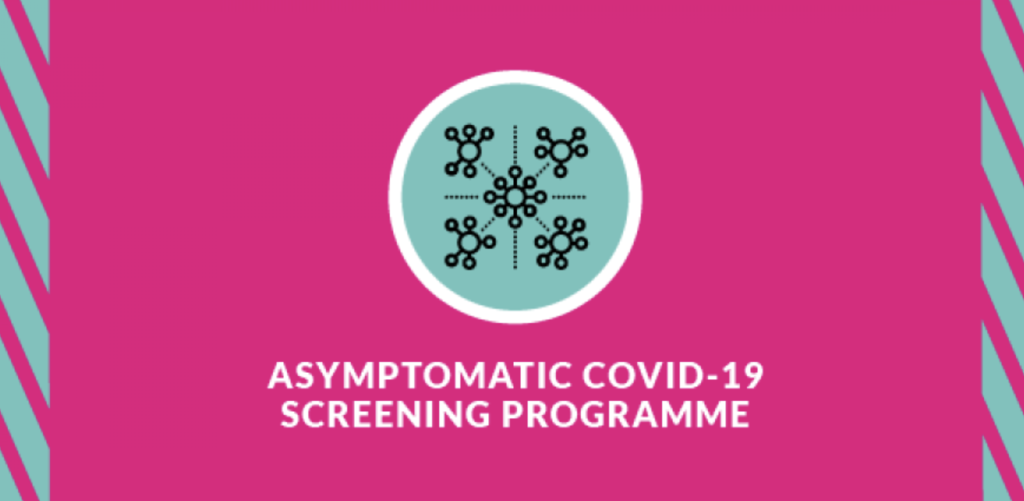
In conversation with Layla Moran MP: The future of universities during the coronavirus pandemic
‘Universities should open sooner rather than later’
Layla Moran is a leading Liberal Democrat Member of Parliament who is chairing the All-Party Parliamentary Group (APPG) on coronavirus, a cross-party group which, according to their website, aims to ensure that “lessons are learned from the UK’s handling of the coronavirus outbreak.”
On Thursday night, she addressed the Cambridge Union during its debate about the coronavirus lockdown. Following the debate, the Tab Cambridge spoke with Ms. Moran about the future of students’ time at university, the effect the vaccine will have on students’ return, and how both the government and the universities could have improved their responses to the pandemic.
‘It is young people that will be worst affected by this pandemic’
During her Union speech, Ms. Moran stressed the importance of controlling the spread of coronavirus, but admitted that in doing so, it is students and young people that are the most affected: “If you do look at other places where education is disrupted, at other crises around the world […] it is actually young people that will be the worst affected from this pandemic and bluntly, I don’t think the government have quite worked that out yet.”
Ms. Moran appreciates the mass disruption that students have had to face due to the pandemic and is aware of the impact that this may have on their futures: “We know that if you stop the start of someone’s career, then that can have an impact on their future earnings. We know that the pandemic is affecting the mental health of young people [and] we know there are also legitimate concerns around financial viability for students.”
‘I do think the government should and could have done more…’
In order to combat this disruption, Ms. Moran believes that the government ought to install a “10-year plan” for students over the age of 18, whereby they will be financially supported if they wish to return to education at some point in their future careers “in order to make up for what they might have missed out on.”
Ms. Moran expanded on this when speaking to the Tab: “Given that most people only get one shot at a degree and degrees are expensive, taking an extra year isn’t free, I think the government needs to be mindful that this is the one shot that many people will get at their next step in life.”
She adds that she feels the government could have financially supported students in a better way, in particular with regards to accommodation costs: “I do think the government should and could have done more particularly with issues surrounding student accommodation.”
Ms. Moran believes that in the future the government should form agreements with all UK universities regarding rent and accommodation costs “so that students aren’t the ones who have to foot the bills.”
It has also been revealed today that another cross-party group, which includes Member of Parliament for Cambridge Daniel Zeichner, has called on the government to substantially increase financial support for students after accommodation has gone unused during periods of lockdown.
Universities should open ‘sooner rather than later’
Currently, the future of students’ time at university is uncertain, we are unsure when we may be returning, and we are unsure what Easter term will look like. It is clear that the mass distribution of the vaccine will play a big role in allowing students to fully return to their campuses.
However, Ms. Moran believes that the vaccine won’t necessarily be a “silver bullet” and that there are also other ways to tackle the virus that could allow a return of university students.

The streets of Cambridge look incredibly quiet without the usual number of students (Image credit: Katie Thacker)
Ms. Moran believes that “the sooner we can come out of this national lockdown the better” and explained the place she believes universities should have in this: “The universities do need to be considered alongside schools as one of the things that do need to open sooner rather than later […] I would prioritise students above some non-essential shops, I would rather you had an education than me be able to get a pint.”
Ms. Moran believes that the way this return can be achieved is by installing a staggered return for students on a case-by-case basis. Ms. Moran states: “Frankly, some subjects can be taught online much easier than others [so] for those who cannot study so easily from home, I think that we should start to slowly increase the number of students that are at university as quickly as possible.
“As far as I can see, as of yet, the government has not published a plan for [the return of students]. They have published a plan for schools [but] they should be pushing universities to publish those plans and for those plans to be more congruent across the country.”
The return of international students ‘should be managed in partnership with the universities’
If students currently living in the UK are left bewildered and anxious about the current coronavirus crisis, international students face another obstacle to their eventual return. With the government planning to introduce a form of quarantine hotel stays upon all international arrivals, in addition to a potential “vaccine passport”, there is growing uncertainty regarding how and when international students will be able to return to university, and what financial support they will be given.
Ms. Moran commented on this issue: “I think [the return of international students] should be managed in partnership with the universities. It makes a lot more sense for students who need to quarantine to do so within the university community, in order to be close to that support network.
“I have not heard plans from the government on how they plan to manage this with international students, but I don’t think that including [these] students with everyone else is the right way to go, there is a more sophisticated way that we can approach that.”
‘There is a very high chance that this will not be the last year that we see the coronavirus’
As it stands, the government is aiming to have every adult in the UK vaccinated by this autumn, which would include the vast majority of all university students and therefore would hopefully give students a sense of stability going into the new academic year. However, some Members of Parliament feel that this could be an empty promise.
Ms. Moran told the Tab Cambridge: “I will be very pleasantly surprised if [the government] meet that deadline. What does autumn mean anyway?
“What the government needs to stop doing is hoping for the best case scenario and having no plan B. There is a very high chance that this will not be the last year that we see the coronavirus. I think we are going to have restrictions next winter, Christmas is not going to be the same as it was two years ago, as much as it pains me to say it.”
‘What was missing was high-quality online learning’
The primary aim of the APPG on coronavirus is to advise the government on what could be improved in the way we tackle infectious diseases such as Covid-19 in the future.
Ms. Moran praised the way universities tackled the pandemic, stating that they immediately took the threat of the virus seriously and followed the advice of the government promptly. However, she does feel that one thing could be improved for the future: ‘I think that what was missing was high-quality online learning.”

The university has been successfully running its asymptomatic screening programme since the beginning of Michaelmas 2020 (Image Credit: Stay Safe Cambridge Uni)
Therefore, she believes that UK universities should use the pandemic in order to improve their online provision as a way to widen access: “It is an opportunity for universities to move beyond the MOOC [massive open online course] and to really embrace great online learning which can greatly increase accessibility for students who are disabled or have to return home for whatever reason.
“It’s a way of being able to access courses, it opens up great teaching to people who may not have been able to access it before. I would encourage that they don’t just throw away the things they’ve learnt this year.”
It is clear that much can be learnt from the government’s response to coronavirus over the past year, and we can only hope that the future of universities during the pandemic starts to get a little brighter soon.
Featured image Credits: Louis Brettkelly and Layla Moran
Related articles recommended by this author:
• The Tab’s guide to Cambridge from Home: How we survived Easter 2020
• Everything Cambridge students need to normalise during online Lent term
• Here’s everything Cambridge students miss about the pre-Covid days









































